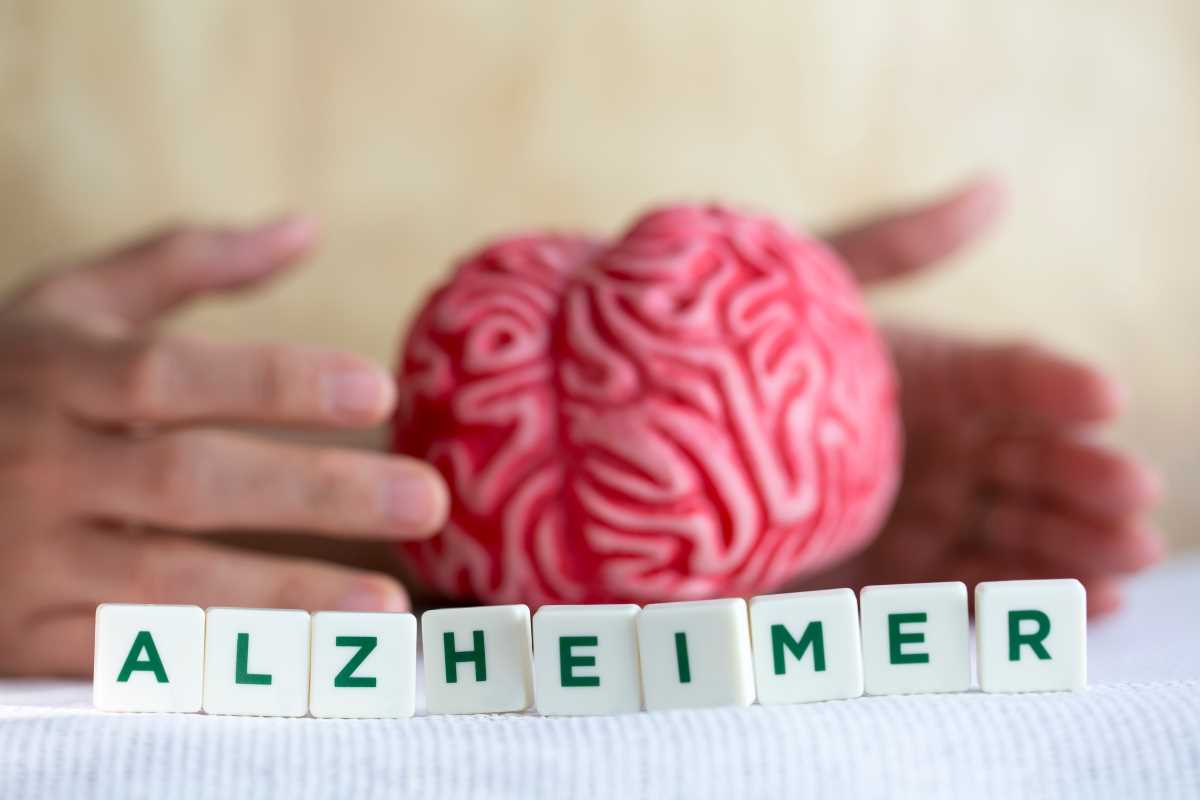For most people, Alzheimer’s disease is something they associate with old age. However, early-onset Alzheimer’s can affect individuals as young as their 30s or 40s. While rare, it’s not unheard of, and recognizing the early signs is crucial for getting the right help sooner.
If you’ve been noticing unusual memory lapses, trouble focusing, or personality changes in yourself or a loved one, you might wonder if it’s something more than just everyday forgetfulness or stress. Early detection of Alzheimer’s can empower individuals and families to take action, access resources, and plan for the future.
This guide will walk you through the common early signs of Alzheimer’s and provide helpful insights into what to watch for and when to seek advice.
What Is Early-Onset Alzheimer’s?
Alzheimer’s disease is a progressive brain disorder that impacts memory, thinking, and behavior. While most people with Alzheimer’s are diagnosed after the age of 65, early-onset Alzheimer’s happens in younger individuals, often between the ages of 30 and 60. It accounts for only about 5–10% of all Alzheimer’s cases but can be particularly challenging due to its timing during people’s most active and busy years.
The exact cause of Alzheimer’s isn’t fully understood, but it’s believed to be linked to a combination of genetics, lifestyle, and environmental factors. Early-onset Alzheimer’s often has a stronger genetic component, meaning the condition might run in families.
Early Warning Signs to Watch For
Early-onset Alzheimer’s can manifest differently for everyone, but there are some common red flags that often appear in the initial stages. Paying attention to these signs can help determine whether it’s time to consult a healthcare professional.
1. Memory Loss That Disrupts Everyday Life
Memory problems are one of the hallmark symptoms of Alzheimer’s. While it’s normal to occasionally forget names or misplace your keys, frequent and serious lapses in memory could be a sign of something more.
Examples of Memory Loss:
- Forgetting recently learned information, like appointments or conversations.
- Repeatedly asking the same questions or needing constant reminders.
- Struggling to remember names of familiar people, places, or objects.
2. Difficulty Planning or Solving Problems
You might notice a decline in the ability to handle tasks that require concentration or problem-solving, like managing a budget, following a recipe, or organizing a schedule.
Signs of Trouble:
- Finding it challenging to work with numbers or follow step-by-step instructions.
- Taking longer than usual to complete everyday tasks like cooking or paying bills.
- Making mistakes in situations where focus and attention are required.
3. Trouble With Familiar Tasks
People with early-onset Alzheimer’s may find themselves struggling to complete tasks they’ve done their whole lives, like driving to a familiar location, using a household appliance, or remembering the rules of a favorite game.
What to Watch For:
- Becoming forgetful or confused while doing routine activities.
- Needing repeated help or reminders for something once second nature.
4. Confusion With Time or Place
Losing track of dates, seasons, or the passage of time can be another indicator of early-onset Alzheimer’s. Affected individuals might also have trouble remembering where they are or how they got there.
Common Examples:
- Forgetting the day of the week or what month it is.
- Feeling disoriented in familiar settings, like a grocery store or neighborhood park.
- Getting lost while driving or walking in areas they know well.
5. Difficulty with Visual and Spatial Awareness
Early-onset Alzheimer’s can sometimes affect the parts of the brain that process visual information. This can make judging distances, reading maps, or recognizing shapes more difficult.
Symptoms Could Include:
- Trouble distinguishing colors or contrasts.
- Difficulty driving, particularly with parking or lane changes.
- Misjudging distances when reaching for objects.
6. Challenges with Language
Struggling to follow or join conversations can be another early sign of Alzheimer’s. Words might get lost, or individuals may find themselves repeating the same thing frequently.
Language-Related Challenges:
- Forgetting common words mid-sentence.
- Calling items by the wrong name, like saying “that wrist thing” instead of “watch.”
- Stopping in the middle of a conversation without remembering the point they intended to make.
7. Misplacing Items and Losing the Ability to Retrace Steps
Occasionally misplacing items like your phone or wallet is normal, but consistently losing objects and being unable to retrace your steps to find them could be a warning sign.
What This Looks Like:
- Placing items in unusual spots, like putting the remote control in the fridge.
- Accusing others of stealing when the items go missing (a sign of impaired reasoning).
8. Poor Judgment or Decision Making
Another common symptom of early-onset Alzheimer’s is a decline in judgment. Individuals may begin to make mistakes that seem out of character, like spending money recklessly, ignoring personal hygiene, or dressing inappropriately for the weather.
Examples of Poor Judgment:
- Giving away large sums of money to telemarketers or scams.
- Wearing heavy layers in summer heat or forgetting protective clothing in chilly weather.
9. Withdrawal From Social or Work Activities
Feeling overwhelmed by once-enjoyable or productive activities can lead individuals with early-onset Alzheimer’s to withdraw. They might avoid hobbies, social events, or workplace responsibilities.
Indicators:
- Showing less interest in regular interactions with family or friends.
- Avoiding activities that require memory, like book clubs or card games.
- Making excuses to skip work or group gatherings.
10. Personality or Mood Changes
Personality shifts can be one of the more noticeable signs of early-onset Alzheimer’s, and they’re often the first symptoms loved ones pick up on. Individuals might become unusually irritable, anxious, suspicious, or depressed.
Common Behaviors:
- Showing irritation over minor inconveniences.
- Growing suspicious of those around them, including close friends or family.
- Developing an unusual fearfulness or general apathy toward things they once loved.
When to Seek Help
If you or a loved one are experiencing some of the signs listed above, it’s essential to consult a doctor sooner rather than later. Early diagnosis can open the door to helpful treatments and support systems that can slow cognitive decline and improve your quality of life.
Here’s what you can expect during the diagnostic process:
- Questions About History: A doctor will ask about symptoms, medical history, and family history of Alzheimer’s or dementia.
- Cognitive Tests: These evaluate memory, problem-solving, and language skills.
- Imaging and Lab Work: Brain scans or blood tests may rule out other possible causes of symptoms like vitamin deficiencies, thyroid issues, or depression.
Ways to Manage Early-Onset Alzheimer’s
While Alzheimer’s doesn’t yet have a cure, there are strategies to help manage symptoms and maintain independence for as long as possible. These include:
- Medication: Certain drugs can slow the progression of symptoms.
- Lifestyle Changes: Regular exercise, a brain-healthy diet (like the Mediterranean diet), and good sleep hygiene can support overall brain health.
- Mental Stimulation: Engaging in puzzles, reading, or learning new skills can help keep the mind active.
- Support Networks: Therapy, support groups, and open communication with loved ones can ease the emotional burden.
 (Image via
(Image via





